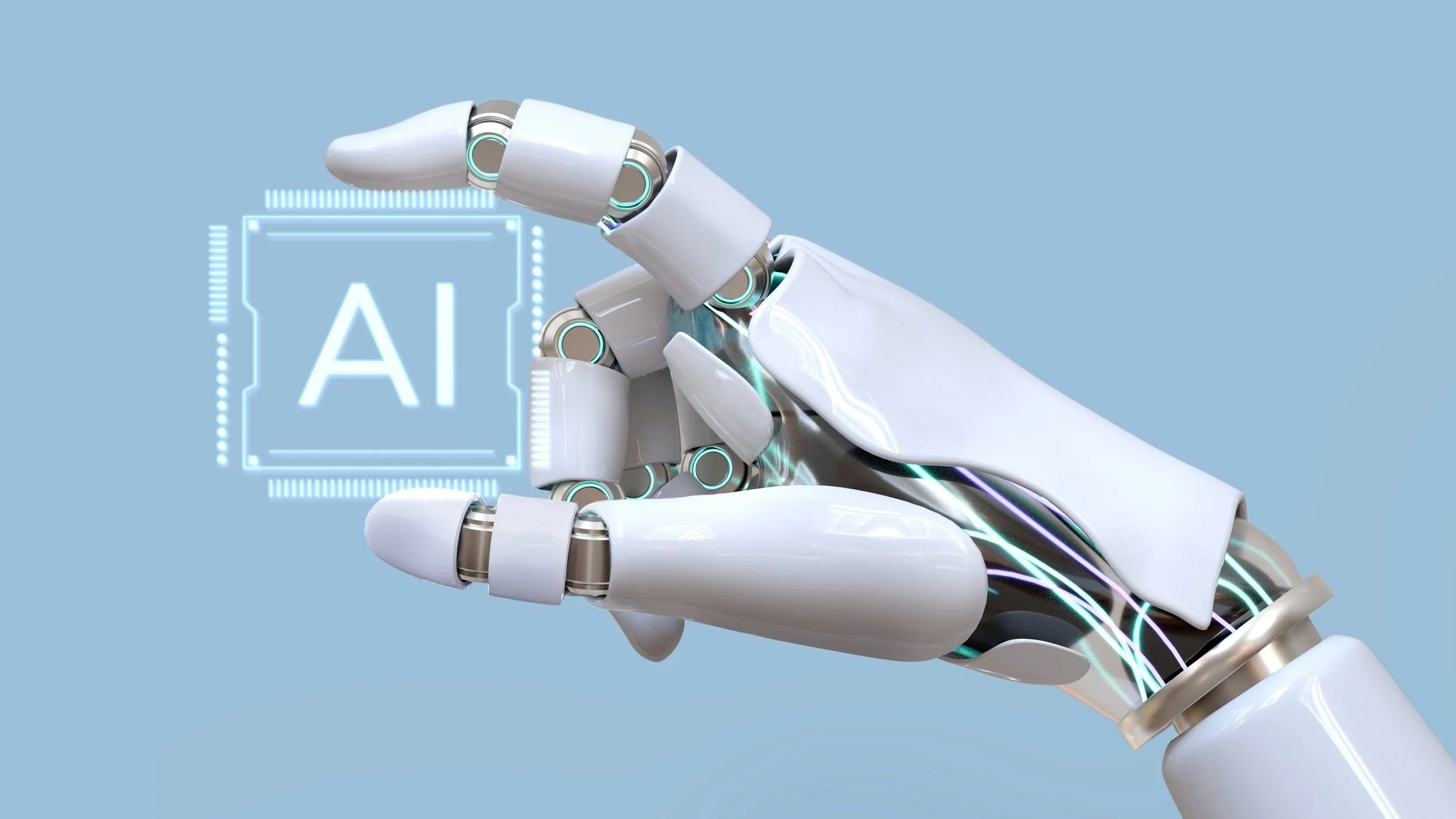AI in the Modern Era: Building a Smarter Future
From Technology to Reality: The Role of AI in the Modern Era
Artificial Intelligence (AI) has become one of the most talked-about topics in the tech world over the past few years. With rapid advancements, AI is not only transforming the way we work and interact with technology, but it is also beginning to impact various aspects of human life—from education and healthcare to the ever-growing creative industry.
In simple terms, AI is the ability of machines to mimic human intelligence, including the ability to learn (machine learning), think, recognize patterns, and understand human language. AI is highly capable of performing complex tasks that previously could only be carried out by humans.
AI that learns with you
Modern AI learns from human interaction, adapting to your workflow and communication style. We believe the best technology is the kind that grows alongside its users.
The Current State of AI
The development of AI is progressing rapidly, consistently showing remarkable breakthroughs. In just a few short years, artificial intelligence has exceeded many expectations and is now being applied across a wide range of fields. From basic automation systems, AI has evolved to understand human language, recognize images, analyze complex data, and even generate creative content—all with just a simple prompt.
This progress has been driven by increased computing power, the availability of massive datasets, and innovations in machine learning and deep learning. As a result, AI is no longer just a technical tool but is emerging as a smart "assistant" in our daily lives. So how exactly is AI evolving today?
Generative Language Models
One of the most significant breakthroughs in AI today is the emergence of generative language models such as GPT (Generative Pre-trained Transformer) by OpenAI and LLaMA by Meta. These models can generate human-like text, answer complex questions, write poems, produce code, and analyze data with remarkable accuracy.Multimodal AI
Today, AI can understand not only text, but also images, audio, and even video. Multimodal models like GPT-4o (OpenAI) and Gemini (Google) are designed to interpret context across different types of inputs. This opens the door for broader applications—from more intuitive virtual assistants to assistive tools for people with disabilities.AI in the Workplace
Many businesses have begun integrating AI into their operations. This includes automating customer service through chatbots, conducting market analysis, and even generating business reports. While these implementations boost efficiency, they also raise concerns about their impact on human employment.AI Ethics and Regulation
As AI becomes increasingly powerful, it brings with it pressing ethical and social challenges—such as misuse of technology, data privacy, and algorithmic bias. In response, several countries and international organizations have started crafting regulations to ensure that AI develops in a responsible and ethical manner.
“AI is an opportunity, not a threat — it’s a chance to grow, if we use it wisely for a better future”
AI & The Future!
AI is predicted to become more and more ingrained in our daily lives in the future, from intelligent personal assistants and driverless cars to adaptive learning systems and cutting-edge medical technologies that facilitate precise diagnosis.
But there is a huge responsibility that goes along with this amazing potential. The sophistication of AI should not blind us, but we must be mindful of the potential consequences if it is abused. If AI develops without a solid ethical basis, there are risks of everything from the misuse of personal information and the dissemination of false information to the loss of human control over important decisions.
That’s why it’s crucial for all of us—developers, users, and policymakers—to collectively guide the direction of AI development.
EFATA SOLUTIONS
-
EFATA SOLUTIONS -
Share & follow
For any inquiries, please contact:
Email : marketing@efatasolutions.com
Website : www.efatasolutions.com
LinkedIn : Efata Solution Consultant


